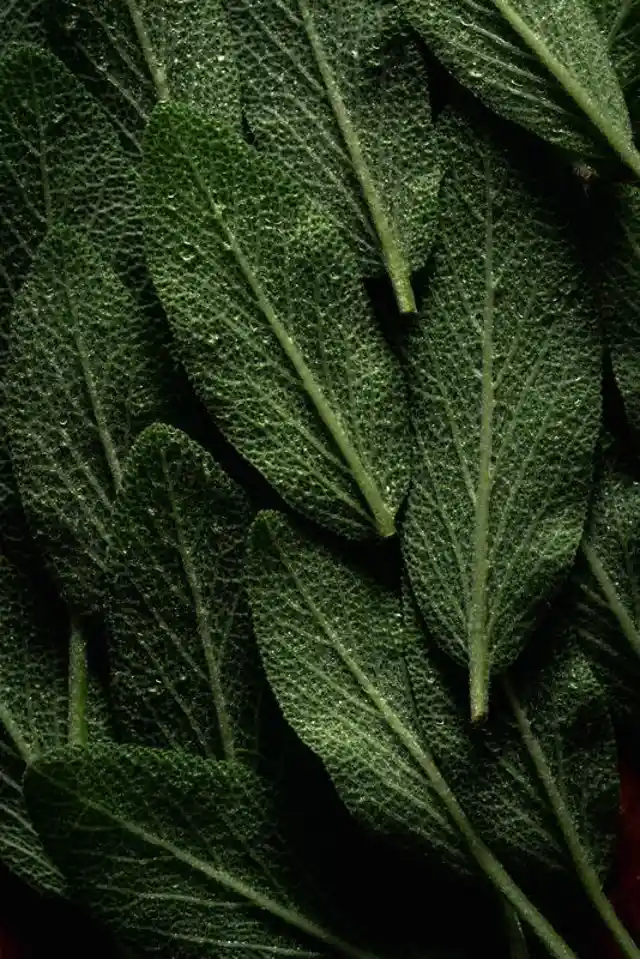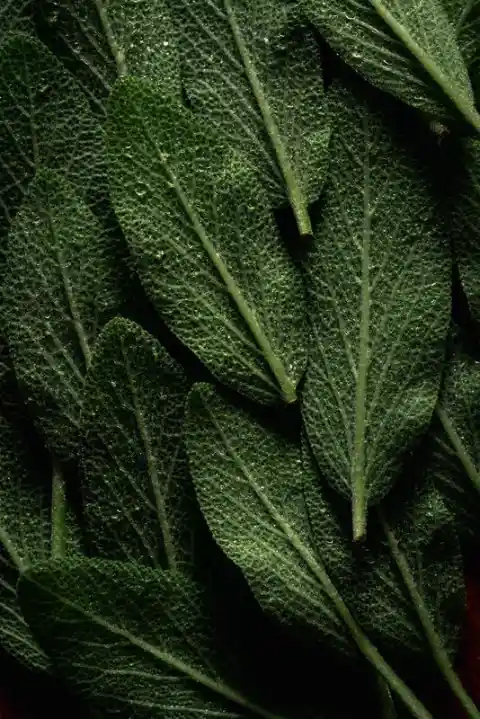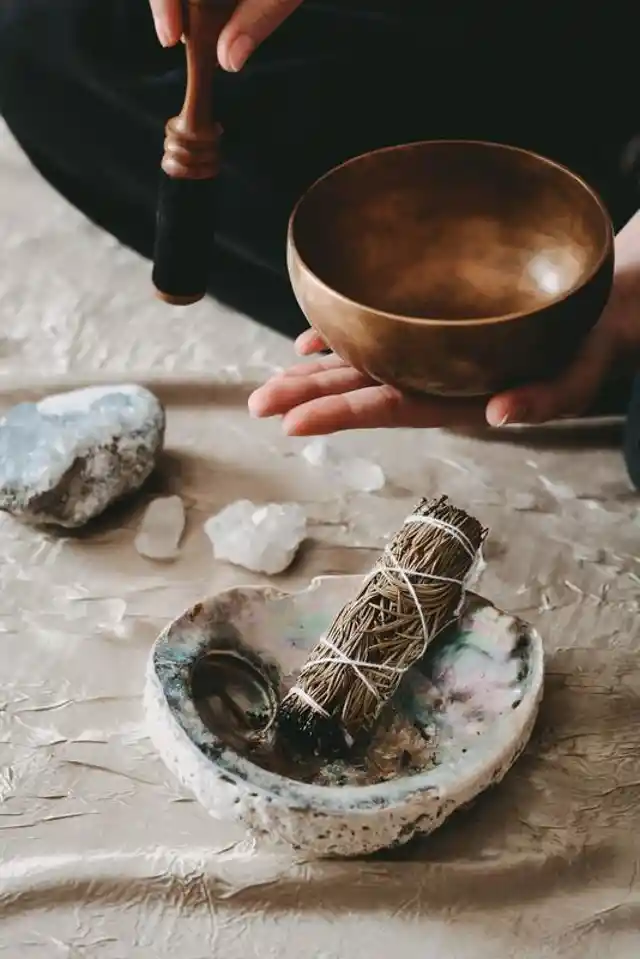When gardening, we often look to have as diverse a collection as possible. The opportunity to grow different kinds of goods in our gardens is an enticing one. However, one issue you might run into along the way is whether or not to include sage. For many gardeners, including sage is a wise choice. Sage is derived from the Latin term “salvere”, which means “to heal” – so it should not be a surprise that sage is regarded as a highly potent healing herb.


It is often used in many spiritual customs and natural healing techniques. It is seen as something excellent for cleansing the body, fighting off disease, and more. It is commonly used in food, and herbalists will often see sage as a must-use in their healing ointments.
Why is sage so widely regarded?
One of the main reasons is that sage is loaded with positive antimicrobial compounds. This is great for cleansing the body and fighting off infections and the like. Sage is a highly aromatic product, and it can be seen to have a positive impact when used to disinfect wounds and other issues. It can be used to treat infections, clean wounds, and can even be used to help mask awful smells and odors – hence why it is commonly found in deodorant.


Another benefit is that sage can help to reduce inflammation, which is a crucial part of the healing process. This helps to protect the inflamed area from worsening, and in many cases can play a critical role in helping to deal with the damage done.
Outside of physical health, sage is also noted with being good for our memories. The heating and drying nature of sage means that it can help with giving us a stronger, more clear memory overall. Many also find that sage essential oils when used in aromatherapy can help to lift their mood and reduce feelings of fear and/or stress.
It can even help with digestive problems. If you are having a lot of sore stomachs, then you might want to try using some sage. If you feel like you are nauseous or you are otherwise not feeling well, you should look into trying out some sage.